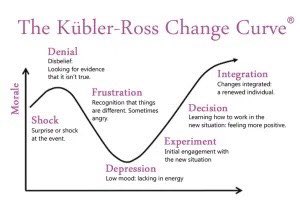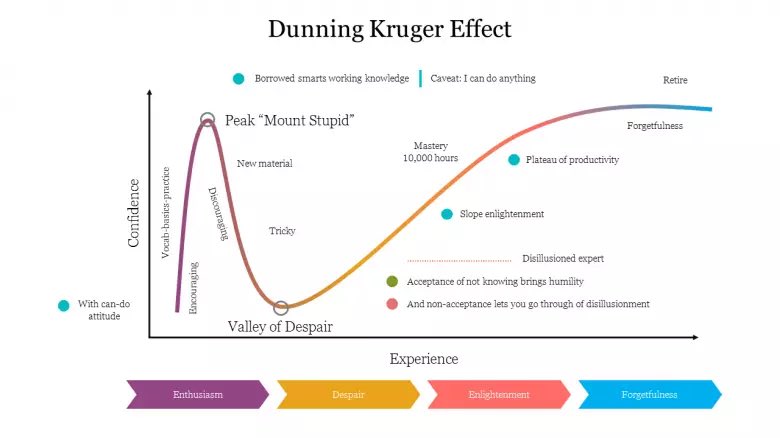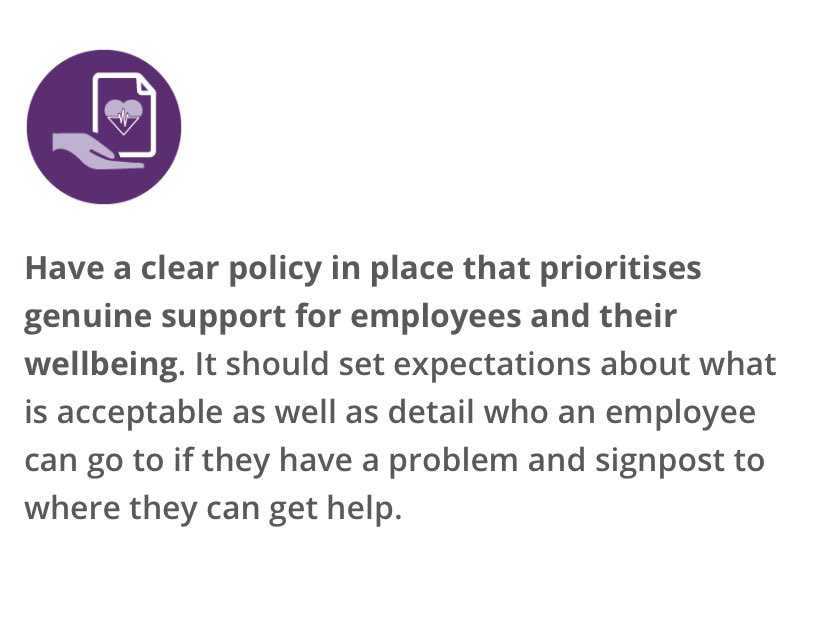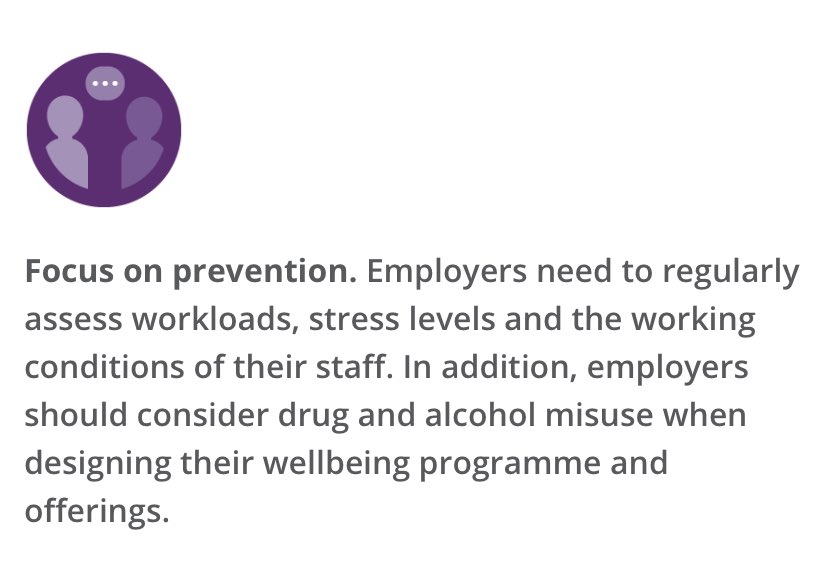
‘Moderation’. What does that mean to you? How do you define it? Are you comfortable with how much, how often and the state you get in when you drink? If you’re curious why not read on. I’ll relate where I started from. #AlcoholAwarenessWeek #MentalHealthAwareness
I’m going to cover this in ‘5 Ages of Man’. That’s because I look back and think some of this is tied up in quite a toxic version of ‘masculinity’. It’s important to note that like many issues for me this was pre-mortem to the Army.
The Teenager. Like many my age I started drinking at about 14. Pubs, going out and at home. ‘Moderation’ in my house was a relative term and I look back now and alcohol was a problem from here on in. Lack of boundaries, lack of realisation and I built a BIG tolerance.
The Student. Bizarrely away from home and quite a lot of sport I drank at Uni but not to extremes - but this is where binging came in and behaviour got hazy. I started to have sections of nights, or whole nights, where I had little or no recollection. But you know lads lads lads.
The Junior Man. Into the Cav. Junior man, Mess life, fines, challenges. This was FUN and I revelled in it. But it was almost 7 years of it. It went on too long and I built a persona around boozy, bullish and loooong sessions. Stamina was massive meaning ‘moderation’ moved on.
The Major. Lots of things happened here. I became jaded with my career, career management and outlook on life. I became a very much darker version of myself. This is certainly the time when I unravelled slightly. Couple of career decisions didn’t go the way I wanted.
I became massively dispondent. More disappointment in SUC I certainly felt ‘the system’ - the ‘other’ was against me and so were some key leaders. Isolated. Dark. More silent. More cut off. ‘Moderation’ was moving again further away from the normal. Mainly in the binge mode.
What’s notable here is my sense of proportionality - just in everyday life and my career became quite warped. I had a very stressful job as OC ROG, quite a lot of complicated G1 in the Regt, which isolated me yet further. I wasn’t drinking very much but I was angry. A lot. Always
After RD came BATUS. Easily the most stressful job I’ve ever had. Also probably the best job I’ve ever had. Much more independence, trusted, empowered, a great team. But I knew I was slipping here. Again not heavy drinking. But a can of beer every day.
The Lt Col. I don’t care what anyone says Staff College is not a great environment. The bar, bedroom and classroom are in the same building. Again felt things weren’t going my way. Angry. Dejected. Bitter. ‘The other’. By now I’d tried twice to have a period without booze.
So what happened. First an old mate noticed on SM I was more bitter, more angry, more dark. He sent me this link. I listed to it. It answered so many many questions. Give it a try. Main message is about our moral values vs CV values. A bit like Boyd. To do something or be someone
Road to Character. David Brooks. podcasts.apple.com/gb/podcast/int…
Second. I had an honest and open conversation with people that I had a ‘problem’. I was unable to have ‘just a drink’ my blinkers and boundaries had got really blurry. Always tired, jaded, just a bit under par, not really quite there. I was curious about how to take a break.
Then I read @cathgraywrites and actually had a really good DM with her about where to start. The book was a game changer. Practical steps, techniques, co-opt mates, be open, have support, recognise you’ll fail. BOOM. I got to a week. Then another. Then another. 

Now I’m at over 2 years sober. I never intended it to be that way. But I came to realise I probably never had an overly healthy relationship with booze and life without it, for me, is better. Could I go back to drinking? Well maybe. But why? Why risk all of this for that?
There are some great alternatives to booze now. There’s also so many other programmes than the stigma of AA and having a ‘drink problem’. I’d mention @oynbuk in particular. Try the 28 day challenge. It makes you think about your relationship with booze. Listen to @ThisNakedMind
Is it hard doing this in command and in my peer group? Well yes actually. But it’s getting better. I don’t preach and I don’t inflict my choice on other people. When I explain, people BG and large understand and want to help. That’s a massive change compared to early Army days.
Last success is not mine. It is with and through others. Bomber for sending me that podcast. People who steered me onto books. Encouraged me. Supported me. Didn’t judge me. Bought the drinks. Normalised the AF beer. Understood at work mil/civ colleagues and of course the family.
Try and pay it forward. At MOD I found fellow #SoberSeekers and we helped each other. Met for a coffee. Whatsapped. Supported. Trap doored. Took up weird sports. Went to shit movies. But it worked. That’s all that matters. Thanks for reading.
Happy to Help others. Anytime in anyway. Music is a great solitude now. An escape, meditation. Academic study anchored myself to something outside myself. I 100% owe @HMcCartneyKCL that and the #FWW crew. The DSP, Challenge Panel and Main Building folk too, got me to 365 & beyond
@threadreaderapp unroll please.
• • •
Missing some Tweet in this thread? You can try to
force a refresh












